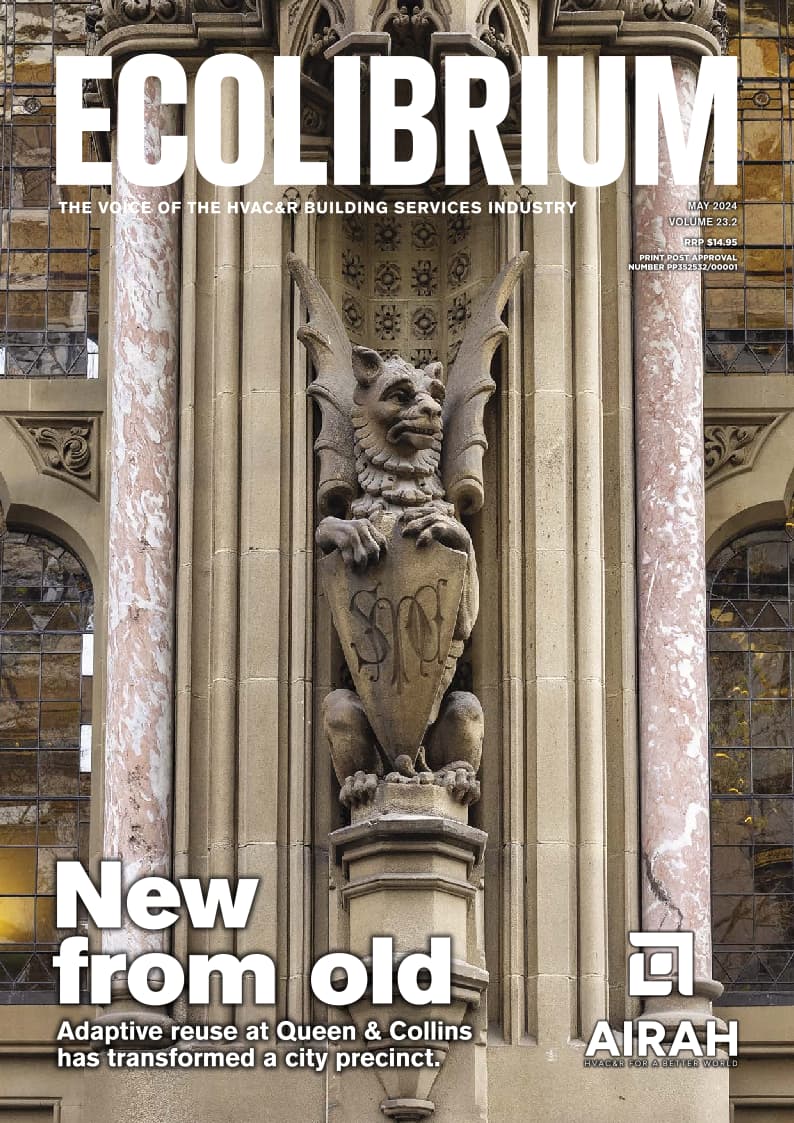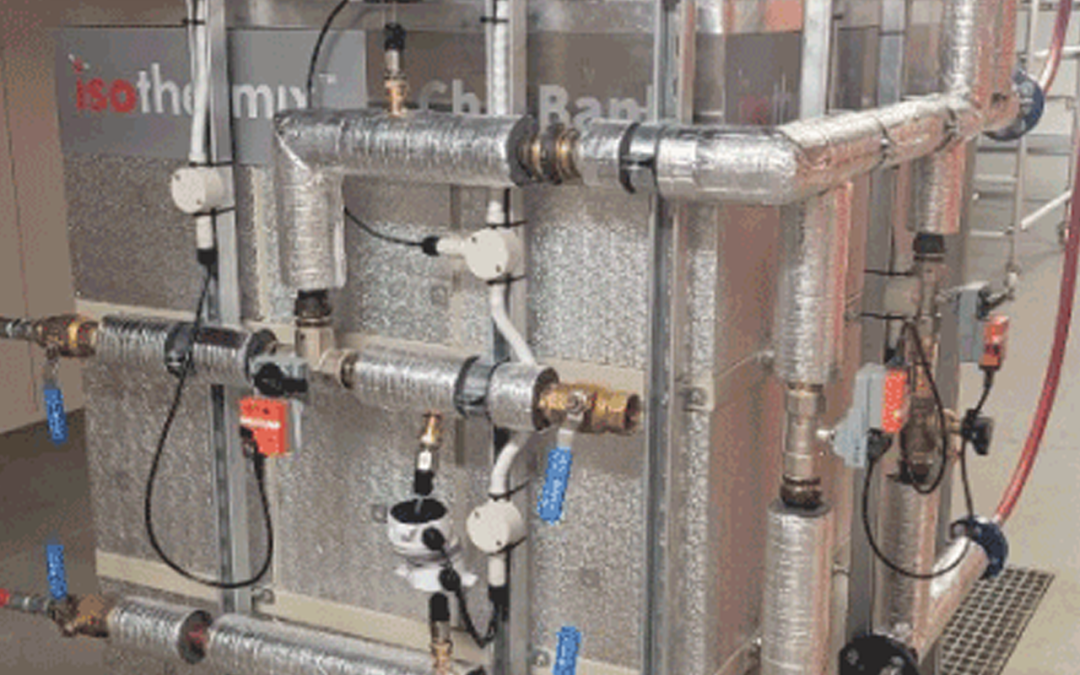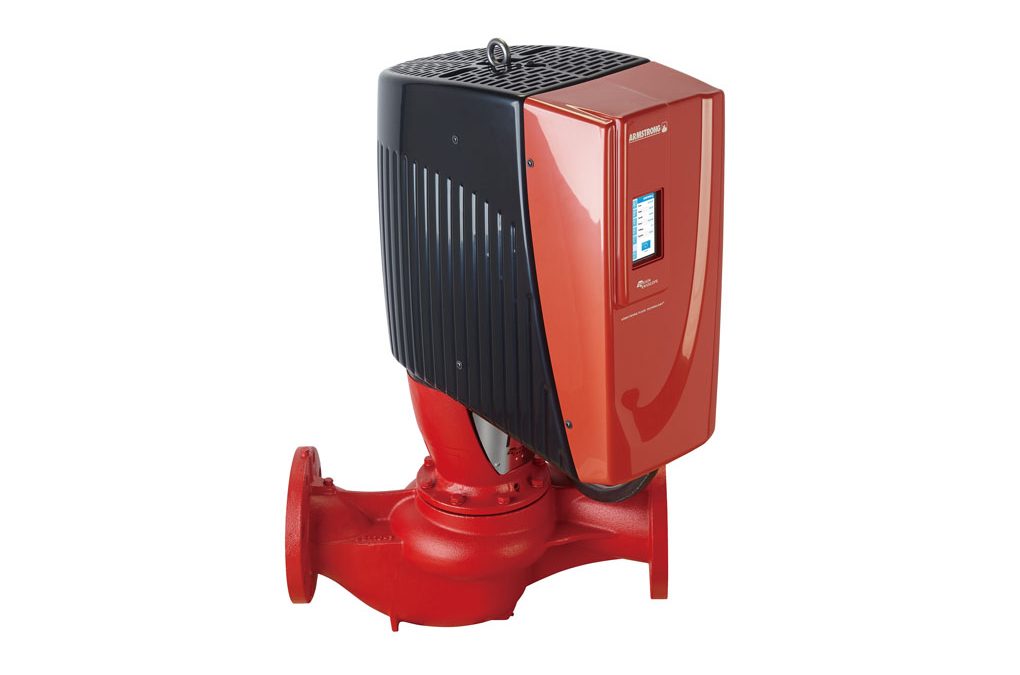At work it’s tempting to simply focus on getting the current project done and to forget that every business also needs a solid management basis. Not attending to management is a huge mistake because good management is crucial for high performance – irrespective of whether the organisation is public or private, or in engineering, health or any other field.
We’ve known for nearly a century that productivity improves when you manage the business properly. Big data sets from the World Management Survey show that this is true in more than 35 countries and across different industries.
The World Management Survey identifies the systems, processes and procedures that provide the scaffolding for a business. This includes managing both operations and people using best practices.
Best practices
Over two decades of research shows that the following best practices lead to high performance in both public organisations and private companies. Among the operational practices are:
- Setting clear goals, including stretch goals that challenge employees
- Tracking performance
- Providing feedback
- Establishing accountability procedures
- Ensuring continuous improvement.
High-performing organisations also focus on people management including:
- Applying appropriate incentives
- Holding people to account for their performance
- Dealing with poor performers
- Training and developing the entire workforce
- Ensuring that there is an employee value proposition
- Attracting and retaining the talent.
Management boosts performance
Across more than 20,000 firms around the world, the message is clear: Good management leads to better business outcomes. Firms with better management benefit from higher productivity, larger operating profits, greater growth in output, more exports, and increased innovation.
Management practices form a system that raises specific performance measures in different kinds of industries:
- Engineering projects are more likely to be completed where government employees enjoy greater autonomy.
- In hospitals, better management leads to better patient outcomes.
- In schools, student test scores improve under better school management.
- Exporters with good management are more likely to export higher-quality products at higher prices, sell more products to more destinations, and earn higher export revenues and profits.
Interestingly, if a firm scores highly on one of the above best practices, it is likely to score well on the others too, showing that good management is systemic in boosting overall performance.
Steps you can take
How can you improve the management system in your workplace?
First, audit your management system. Does it have in place the above operational processes and people practices that lead to high performance? If not, it’s time to work “on” the business, not just “in” the business.
Second, you may be wondering which of the practices matters most? Each management practice adds value to a business but if you have to pick one, it’s training and developing employees! Research shows that training your staff pays off, for example by increasing profits and sales on average by 5–10 per cent.
Third, family-run businesses need to be particularly attentive to introducing the good management practices that raise performance. The World Management Survey concluded that firms controlled by a family adopt fewer beneficial management practices and that this causes them to be less productive. While this finding is well established, the specific reasons for it remain unclear.
Like to know more?
Professor Gayle Avery is the co-founder and director of the
Institute for Sustainable Leadership.
Gayle.Avery@instituteforsustainableleadership.com











